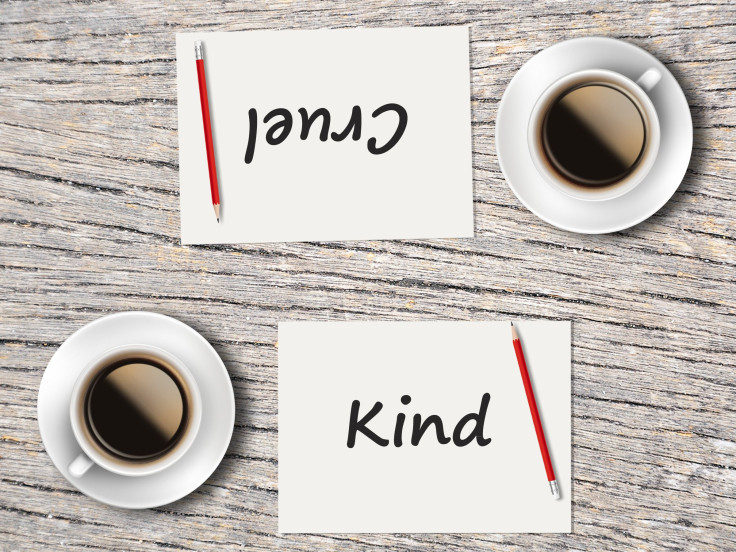Human Brain Hardwired For Acts Of Kindness, As Vagus Nerve Activated During Empathy

Books, film, and television have usually taken a black-and-white approach when it comes to characters’ personality traits, with good and bad, and nice and mean. Characters are portrayed in a dark or good light to easily generate either feelings of empathy or apathy from us. However, if the human brain is hardwired to be kind, according to Dacher Keltner, a psychologist at the University of California at Berkeley, then why are some of us kind and unkind?
In Fig. 1’s webisode “We Are Built To Be Kind,” the University of California’s YouTube series, Keltner emphasizes how Charles Darwin’s The Descent of Man illustrates compassion is deeply ingrained in our psyche, specifically in our nervous system. Darwin argued sympathy is our strongest instinct, and sometimes is stronger than self-interest, which would spread through natural selection. “Communities that have the most sympathetic members will flourish and raise the greatest number of offspring,” says Keltner in the video.
Acquiring sympathy is actually an intrinsic component of our being. When we feel physical pain a part of our brain lights up. The same happens when we see someone in physical pain. It’s as if we’re hardwired to have the imagine ourselves experiencing what others go through, which is otherwise known as empathy. “It engages the frontal lobes, these newer regions of the cortex that are involved in more complex symbolic processes like language and imagining the future,” Keltner said.
In a 2010 study published in the journal Psychological Bulletin, Keltner and his colleagues found prototypical suffering triggered massively powerful reactions of compassion, and lit up the periaqueductal gray part of the brain, activating the vagus nerve — the longest bundle of nerves in the human nervous system. This is very common in mammals when they take care of things and feel compassion.
Unfortunately, researchers have found compassion can also be blocked by other factors like money. Keltner says when images of suffering are shown to the less fortunate (economically), they have a vagus nerve response. This response is not seen among individuals with a lot of acquired wealth. It is believed lots of wealth actually yields a compassion deficit in certain individuals. Keltner finds impoverished communities actually give more and have an enormous strength in comparison to their financially well off counterparts.
While 60 percent of what we do is really about maximizing our personal gratification and desire, 40 percent of the time we do things for other people, and we sacrifice and risk exploitation. Helping others and doing random acts of kindness releases endorphins in our brain that help us feel good, and can even mimic a “runner’s high.” After all, generosity is actually contagious and kindness spreads like wildfire. Keltner says all it really requires is redefining human self-interest.



























